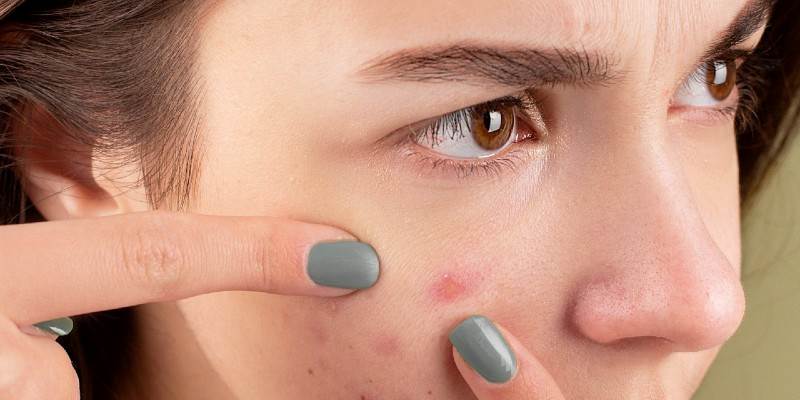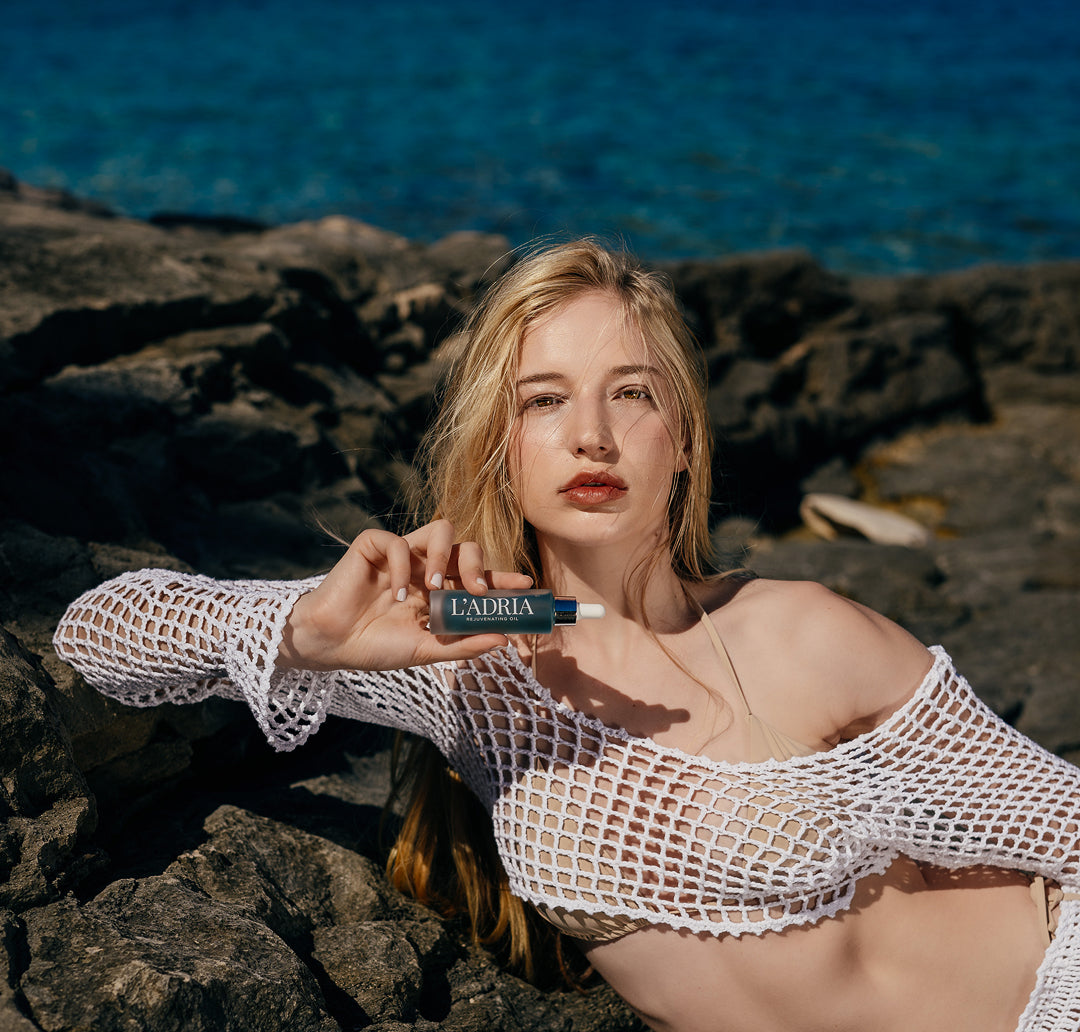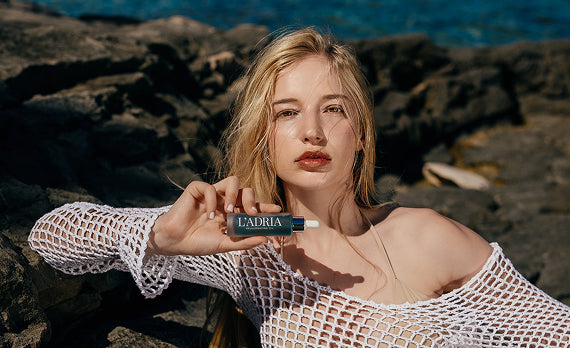Kako se nositi s prištićima i nepravilnostima na koži kod odraslih?
10/05/2023

Prištići su nekada bili povezivani uglavnom s tinejdžerskim godinama, ali danas su čest izazov i među odraslima, posebno osobama starijima od 25 godina. Iako se mogu pojaviti iz raznih razloga, prištići su često privremen problem, a uz strpljenje i pravilnu njegu moguće ih je držati pod kontrolom.
U nastavku donosimo savjete kako umanjiti njihov nastanak i održati zdrav izgled kože.
Zašto nastaju prištići?
Začepljenje pora: Mješavina sebuma, mrtvih stanica kože i nečistoća može uzrokovati stvaranje čepova u porama.
Hormonske promjene: Fluktuacije hormona mogu pojačati lučenje sebuma, što pogoduje razvoju prištića.
Utjecaj bakterija: Određene vrste bakterija koje prirodno žive na koži mogu izazvati pojavu prištića ako dođe do neravnoteže.
Prištići se mogu manifestirati na različite načine, od sitnih izbočina do crvenih i upaljenih promjena.
Vrste prištića i kako ih prepoznati
Prištići s gnojnom glavom: Nastaju kada se pore inficiraju, što rezultira crvenilom i bijelim ili žutim vrhom.
Potkožni prištići: Često bolni i tvrdi, smješteni su dublje u koži i teško ih je istisnuti.
Zatvoreni komedoni: Izgledaju poput sitnih izbočina bez crvenila ili gnojne glave.
Otvoreni komedoni (miteseri): Pore ostaju otvorene, a vrh oksidira i postaje tamne boje.

Kako smanjiti pojavu prištića?
Prilagodba navika i uporaba odgovarajućih proizvoda mogu značajno pomoći.
1. Redovito čišćenje lica
Perite lice nježnim proizvodima do dva puta dnevno. Ako koristite aktivne sastojke poput kiseline ili retinoida, birajte blagi čistač.
Izbjegavajte dodirivanje lica rukama, osobito prljavim.
2. Vodite računa o čistoći kose
Prljava kosa može potaknuti pojavu prištića, posebno ako dodiruje lice. Ako imate šiške, pripazite na redovitu higijenu kose.
3. Uklonite znoj nakon fizičke aktivnosti
Znoj može pospješiti razvoj prištića, pa nakon vježbanja operite lice i nanesite hidratantni proizvod prilagođen problematičnoj koži.
4. Koristite proizvode za osjetljivu kožu
Birajte hidratantne kreme i SPF proizvode koji su nekomedogeni kako biste spriječili začepljenje pora.
5. Odabir šminke
Koristite šminku na bazi vode ili minerala koja neće čepiti pore. Izbjegavajte proizvode s visokim udjelom ulja.
6. Redovito mijenjajte posteljinu i ručnike
Jastučnice, posteljina i ručnici mogu skupljati nečistoće i bakterije, stoga ih perite barem jednom tjedno.
7. Izbjegavajte istiskivanje prištića
Istiskivanjem možete uzrokovati širenje problema ili ostaviti trajne ožiljke.
Zaključak: Potražite dodatnu pomoć po potrebi
Ako se prištići ne povlače unatoč pravilnoj njezi, savjetujte se s kozmetičarom ili stručnjakom za njegu kože. Profesionalni tretmani poput čišćenja lica ili posebnih tretmana mogu pomoći u smanjenju nepravilnosti i sprječavanju novih izbijanja.
Pravilnom rutinom i kvalitetnim proizvodima moguće je značajno poboljšati stanje kože i povratiti
njezin prirodni sjaj.

Winter sale









